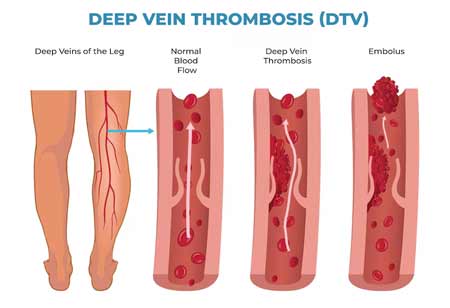Thank you for Subscribing to Healthcare Business Review Weekly Brief
Continuing Education for Healthcare Professionals

Be first to read the latest tech news, Industry Leader's Insights, and CIO interviews of medium and large enterprises exclusively from Healthcare Business Review
Thank you for Subscribing to Healthcare Business Review Weekly Brief

By
Healthcare Business Review | Wednesday, January 31, 2024
Stay ahead of the industry with exclusive feature stories on the top companies, expert insights and the latest news delivered straight to your inbox. Subscribe today.
Healthcare professionals benefit from continuous learning through CE, which improves knowledge, patient outcomes, and job security through various methods like microlearning, gamification, VR, and AI.
FREMONT, CA: Procedural, methodological, and standard advancements are transforming the healthcare landscape. To ensure the provision of optimal patient care, healthcare professionals must remain abreast of these evolving developments. Continuing Education (CE) emerges as a valuable resource in this context, offering a structured means for practitioners to stay current and enhance their knowledge base.
Ongoing professional development is imperative for healthcare practitioners for a multitude of reasons. Firstly, it directly translates to enhanced patient care as it enables healthcare professionals to remain current with the latest advancements in knowledge and skills. This, in turn, contributes to superior patient outcomes, including expedited recovery periods and diminished mortality rates. Furthermore, continuous education serves as a strategic investment in job security within the competitive healthcare employment landscape, positioning professionals as valuable assets to employers. Beyond bolstering career prospects, engaging in ongoing education fosters professional satisfaction by keeping healthcare practitioners motivated and invested in their roles. Additionally, it cultivates a sense of accomplishment and pride in one's evolving knowledge and skill set. Finally, many healthcare occupations necessitate licensure, and ongoing education is frequently mandated to fulfil licensure maintenance requirements.
Types of Continuing Education for Healthcare Professionals
Healthcare professionals have access to diverse avenues for continuing education, each catering to various preferences and schedules. Traditional classroom courses, often provided by universities, medical schools, and professional organisations, cover an array of subjects ranging from basic science to clinical practice.



